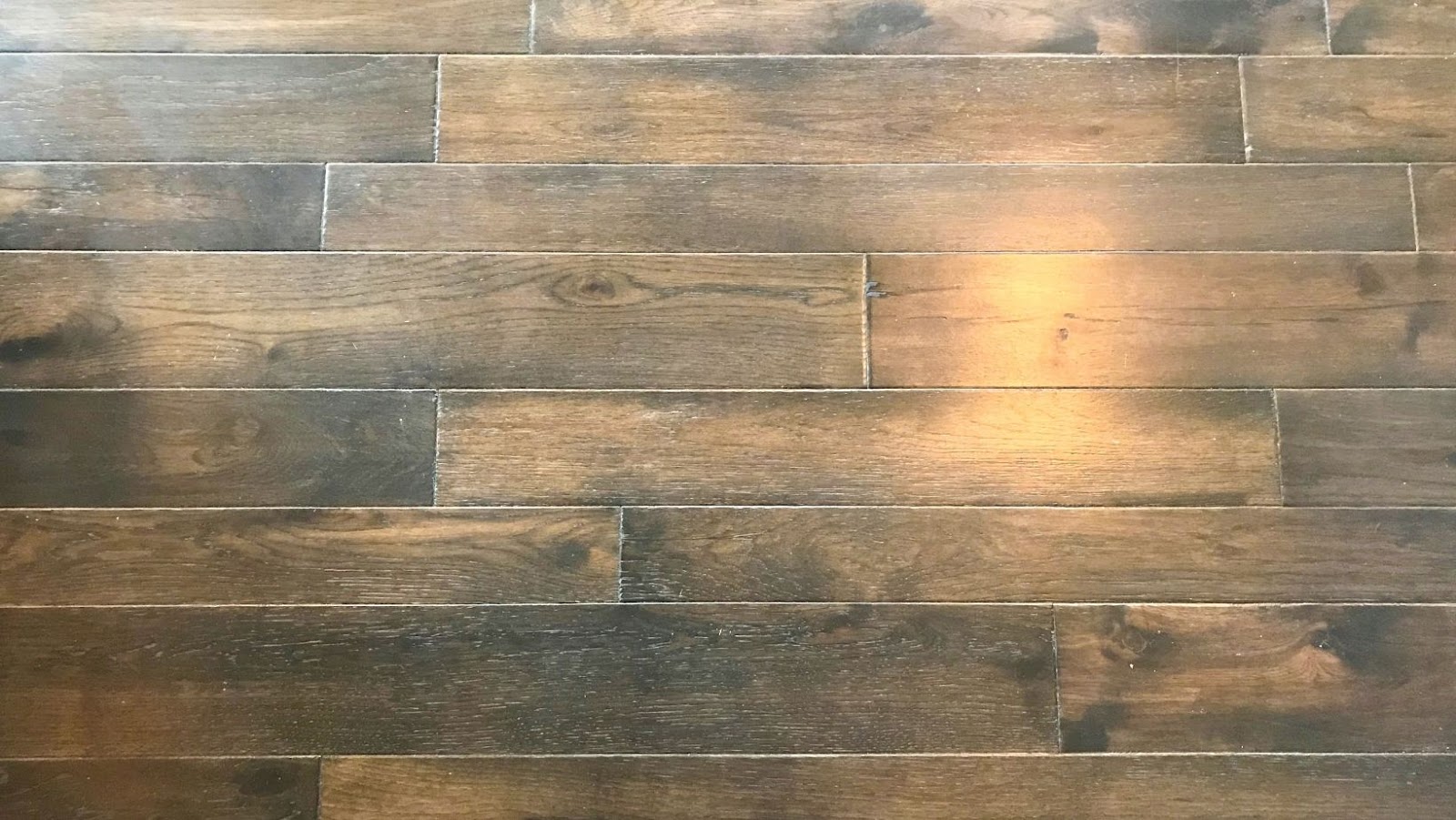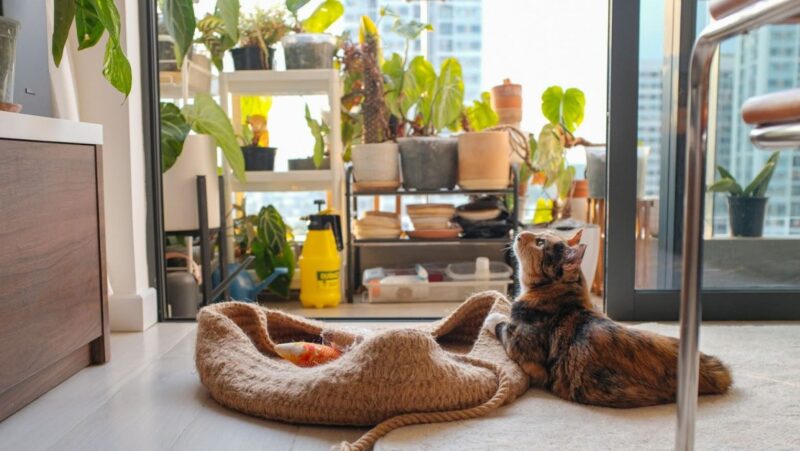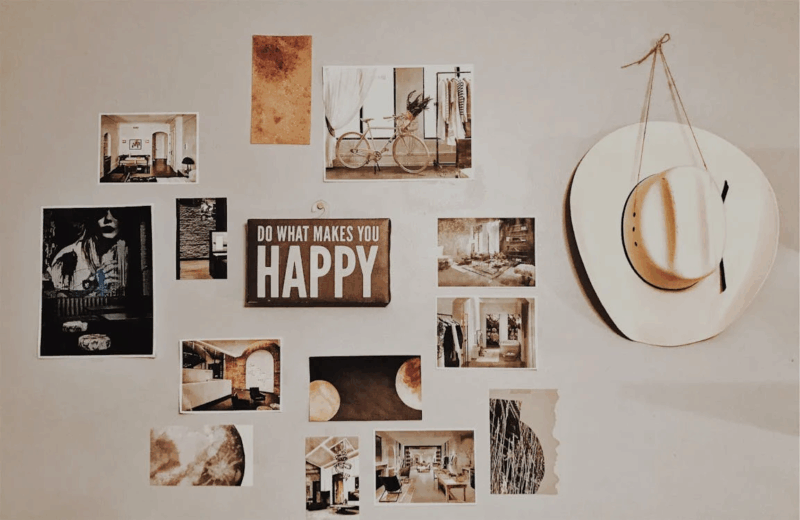
Before beginning any stain removal process. The type of fabric you are working with and the type of stain will help determine the best course of action for removal. Blood stains, for example, should be treated with a cold water pre-treat followed by a hot water wash cycle, while wine stains may require vinegar or club soda as a pre-treat before laundering.
- Blood stains
- Wine stains
- Grass stains
- Food stains
- Makeup stains
- Sweat stains
- Oil stains
- Ink stains
- Grease stains
- Mud stains
How to remove black stains from hardwood floors?
There are a few different ways that you can go about removing black stains from hardwood floors. One way is to use a commercial cleaner that is specifically designed for removing stains from hardwood floors. Another way is to make a paste out of baking soda and water and apply it to the stain, letting it sit for a few minutes before wiping it away. You can also try using a mixture of vinegar and water. Simply apply the mixture to the stain with a cloth and let it sit for a few minutes before wiping it away. Whichever method you choose, be sure to test it in an inconspicuous area first to ensure that it won’t damage your floors.
What are black stains from hardwood floors and what causes them?
There are a few different things that can cause black stains on hardwood floors. One possibility is that someone has tracked in dirt or mud and it has become embedded in the wood. Another possibility is that the stain is actually mold or mildew. If you think the stain might be mold or mildew, it’s important to clean it up as soon as possible to prevent the growth from spreading. If it turns out to be a bigger issue, you may need to hire mold removal professionals, as they have the right tools and expertise to thoroughly eradicate the problem. Finally, it’s also possible that the stain is simply a build-up of dirt and grime that has been left on the floor for too long. In any case, it’s important to clean the stain up as soon as you notice it.
Prevention tips to keep your hardwood floors looking their best
- Sweep or vacuum regularly to remove dirt, dust, and debris.
- Place mats at all entrances to your home to help catch dirt and grime before it has a chance to get on your floors.
- Wipe up spills immediately.
- Place furniture pads under heavy furniture to prevent scratches.
- Have your floors professionally cleaned every few months.
- Wax or polish your floors regularly to protect them from wear and tear.
- Follow the manufacturer’s instructions for cleaning and caring for your floors.
Pros and cons of hardwood floors
There are a few things to consider before deciding if hardwood floors are right for you. One thing to keep in mind is that hardwood floors can be scratched or damaged more easily than other types of flooring, so they may not be the best choice if you have young children or pets. Another thing to consider is that hardwood floors can be more difficult to keep clean than other types of flooring. However, hardwood floors are also very durable and can last for many years if they are properly cared for. Overall, hardwood floors have a lot of pros and cons to consider before making a decision.
Types of hardwood floors
There are a few different types of hardwood floors to choose from. One option is solid hardwood, which is made from one piece of wood and can be sanded and refinished multiple times. Another option is engineered hardwood, which is made from layers of wood and plywood that are bonded together. Engineered hardwood is less likely to be damaged by moisture than solid hardwood, but it can only be sanded and refinished a few times. Finally, there is laminate hardwood, which is made from a photograph that is glued to a piece of plywood. Laminate hardwood is less expensive than solid or engineered hardwood, but it is also less durable and cannot be sanded or refinished.












